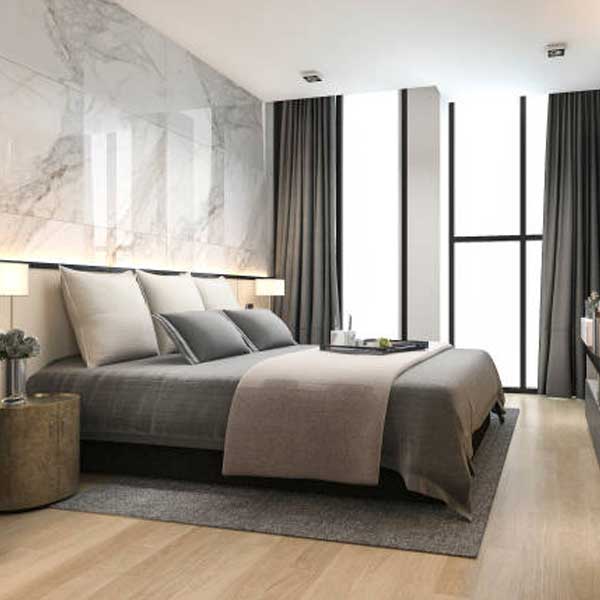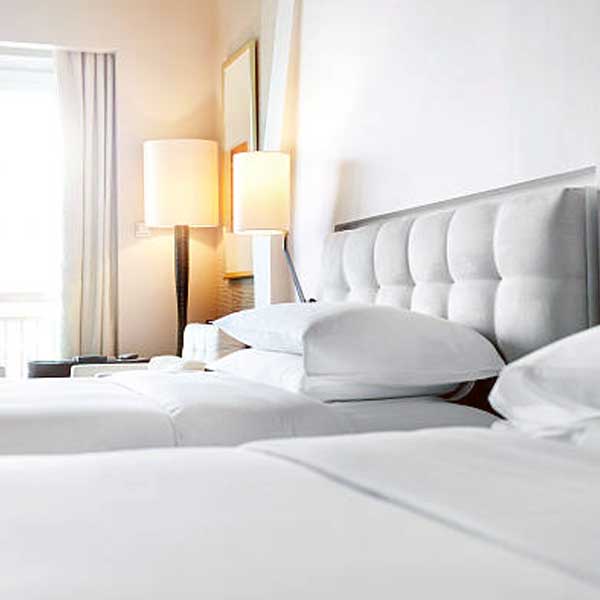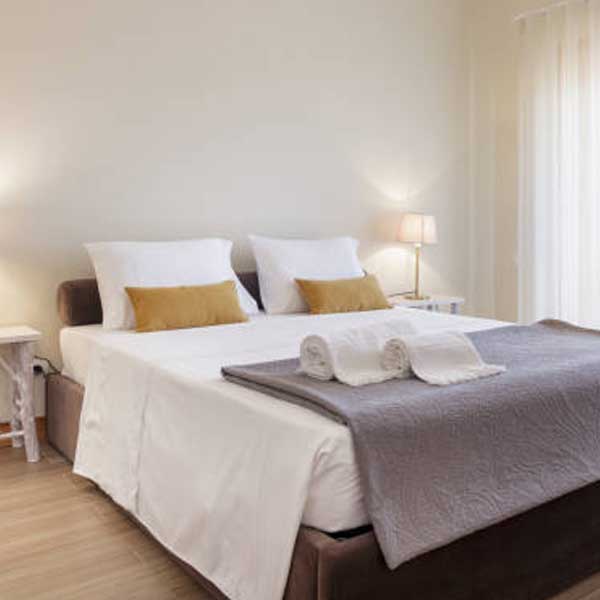- Payment Options
- Terms Conditions
- US
- IT
- ES
- My Bookings
- Add Your Review
Nestled in the bustling city of Colombo, Wolvendaal Church stands as one of Sri Lanka’s most significant colonial-era landmarks. Built during the Dutch colonial period, this historic church has withstood the test of time and remains a symbol of the country’s rich architectural and religious heritage. Whether you are a history buff, a traveler, or someone intrigued by Sri Lanka’s colonial past, Wolvendaal Church is a must-visit destination.
A Brief History
Wolvendaal Church, also known as Wolvendaalse Kerk, was constructed in 1757 by the Dutch East India Company (VOC) during their rule in Ceylon (now Sri Lanka). The name ‘Wolvendaal’ is derived from the Dutch word for ‘Wolf’s Dale,’ referring to the jackals that roamed the area at the time. The church was built to serve the growing Dutch Protestant community and remains one of the oldest functioning churches in Sri Lanka.
Architectural Highlights
The church is a stunning example of Dutch colonial architecture, with its thick walls, high ceilings, and distinct cross-shaped structure. Key architectural features include:
- Coral and lime mortar construction, making it durable for centuries.
- Massive wooden doors and windows, characteristic of Dutch design.
- Antique furniture, including a grand pulpit and original pews from the 18th century.
- Tombstones and memorial plaques, which provide insight into the lives of early European settlers in Ceylon.
Cultural and Religious Significance
As one of the oldest Protestant churches in Sri Lanka, Wolvendaal Church remains an active place of worship for the local Christian community. The church also serves as a historical and cultural monument, attracting researchers, historians, and tourists alike. Its well-preserved interior and records offer a fascinating glimpse into the Dutch colonial era and the impact of European influence on Sri Lankan society.
Visiting Information
- Location: Wolfendhal Lane, Colombo 13, Sri Lanka.
- Opening Hours: 9:00 AM – 5:00 PM (Closed on Sundays for services).
- Entrance Fee: Free (Donations are welcome for maintenance).
- Dress Code: Modest attire is recommended as a mark of respect.



